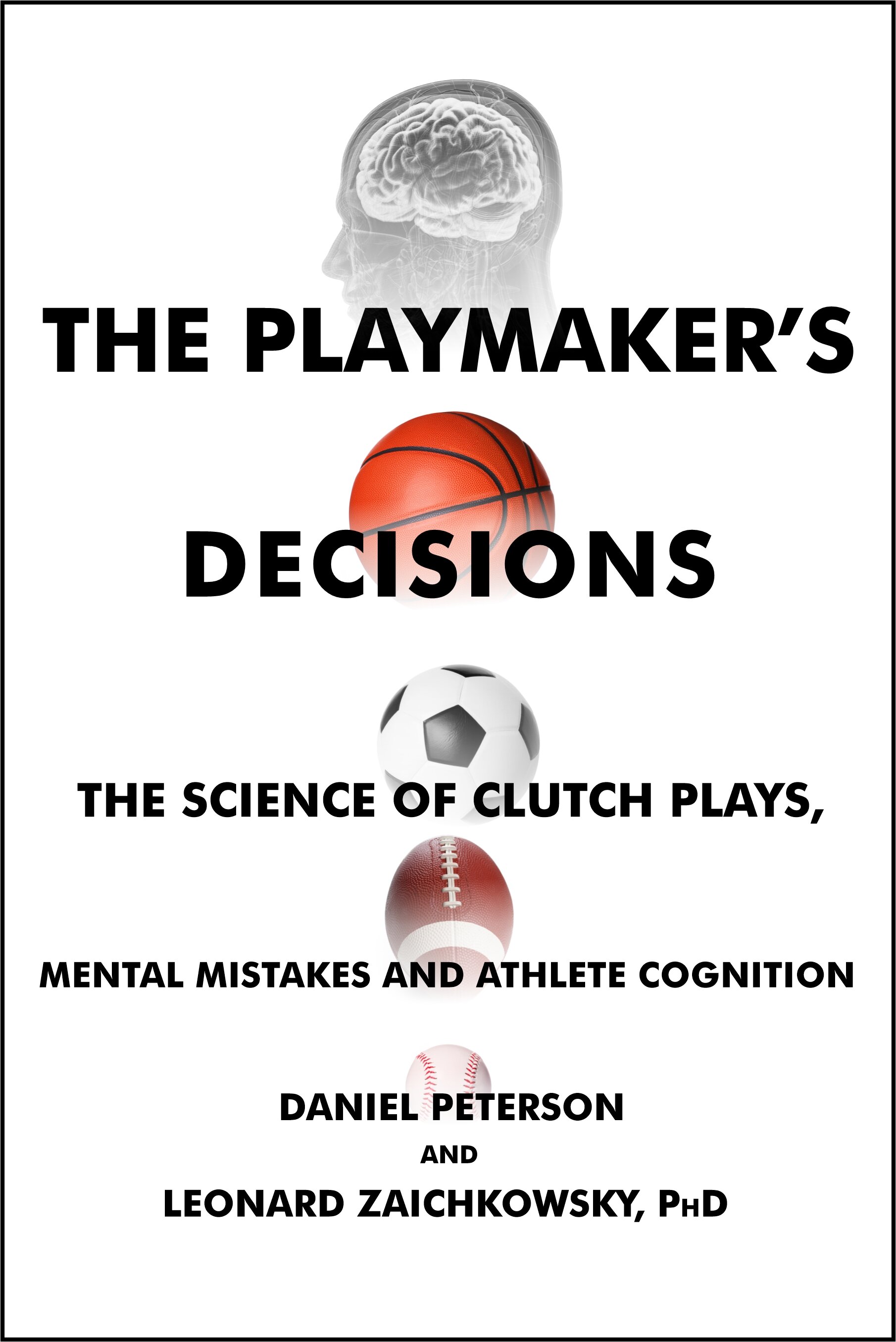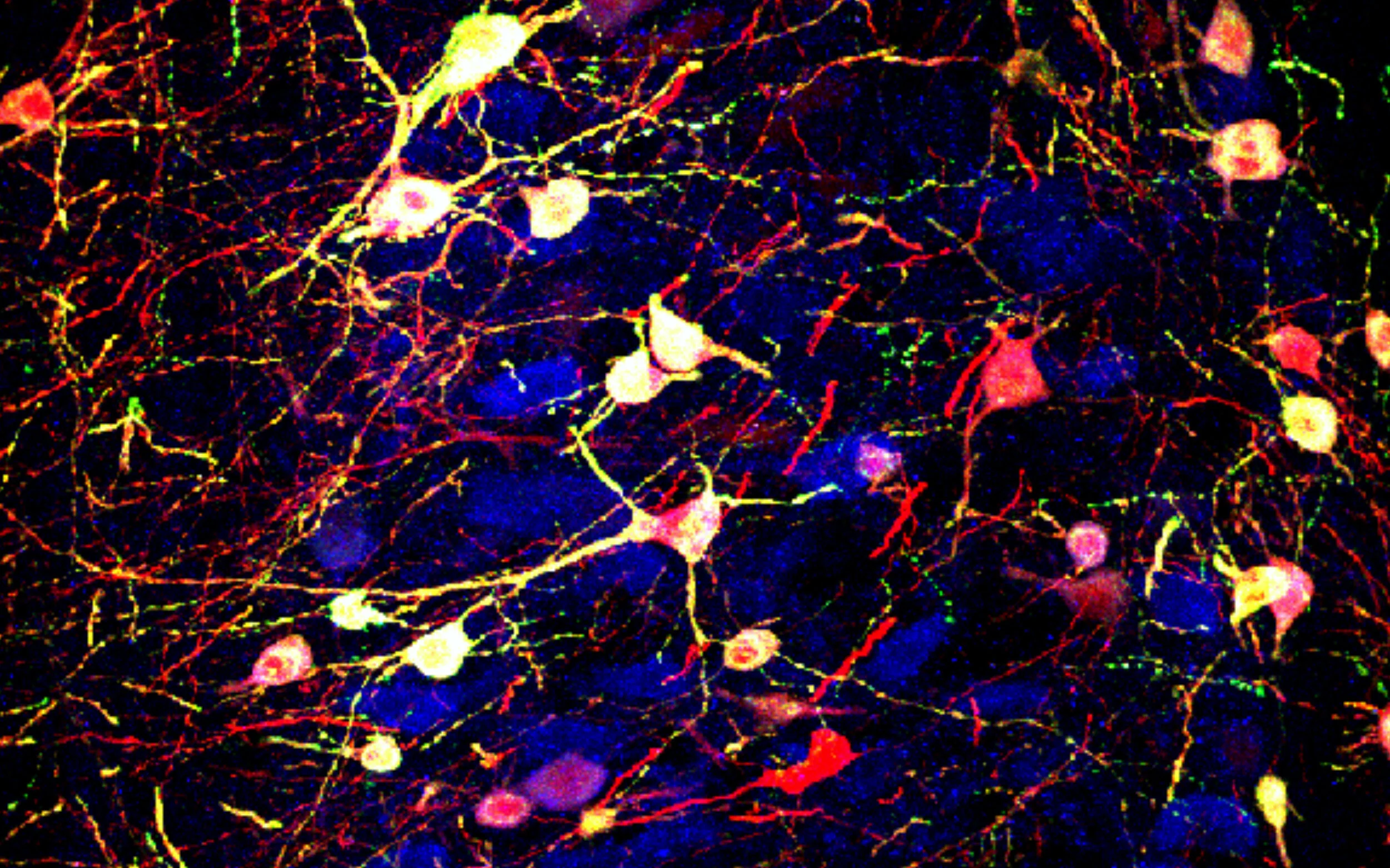Marathons Are Tough On The Heart, But Training Helps
/
Now that it’s mid-April, thousands of amateur runners are realizing the time has come to get serious about their Spring marathon training plans. The easier 4-6 mile weekday jogs increase quickly into 10-15 mile weekend long runs. For those new to endurance distances, this jump in mileage can put a strain not only on the legs but also on the heart.
In fact, there’s been some confusing research in the press lately with some claiming a marathon can do some coronary damage while others praising the health benefits of the cardiovascular training.
First, the encouraging news. To understand the effects of marathon training on the heart, Jodi L. Zilinski, M.D., of Massachusetts General Hospital, recruited 45 amateur runners who registered to run last year’s ill-fated Boston Marathon. While that race day ended tragically, the research was completed prior to the start. As part of the Dana-Farber Marathon Challenge fundraising team, the test group of men, ages 35-65, were asked to join an 18-week training program including a running calendar, nutrition tips and coaching.
Before they started on their journey, a baseline of health diagnostics were taken on each participant from cardiopulmonary stress testing to heart imaging studies to cholesterol screening. Despite their eagerness to train, half of the group had at least one heart risk factor to monitor.
"We chose charity runners because we wanted to focus on the non-elite type of runner, just the average Joe who decides to get out there and train for a marathon," said Dr. Zilinski, who was the lead author of the study. "They turned out to be a healthier population than we expected with a lot of them already exercising on a pretty regular basis, but they were still nowhere near the levels of elite runners."
Her research was presented at the American College of Cardiology's 63rd Annual Scientific Session.
At the end of the 18 weeks, another round of medical testing showed some significant improvement:
- LDL (“bad”) cholesterol was reduced by 5%
- Total cholesterol went down by 4%
- Triglycerides decreased by 15%
- Peak oxygen consumption, a measure of the heart’s efficiency, increased by 4%
"Overall, participants experienced cardiac remodeling -- improvements in the size, shape, structure and function of the heart," said Dr. Zilinski. "Even with a relatively healthy population that was not exercise naïve, our study participants still had overall improvements in key indices of heart health."
Even with this level of training, running 26.2 miles still takes a toll on our cardio system. Earlier research sent out early warning signs against too much exercise and even risks of scarring the heart in serious endurance athletes.
In a study released last Fall, Dr. Eric Larose, of the Institut Universitaire de Cardiologie et de Pneumologie de Québec (IUCPQ), gathered 20 recreational distance runners between the ages of 18 and 60 who were signed up to run the Quebec City Marathon. They underwent extensive cardiac testing, including blood testing and an MRI of the heart, weeks before the race, the day before the race and 48 hours after the race.
Comparing the before and after race data, he found some significant short-term damage in the heart, including a decrease in left and right ventricular function in half of the runners. The heart also showed swelling and reduced blood flow.
"We also found that heart muscle changes were more common and widespread in runners with lower fitness and less training,” said Dr. Larose. “Finally, we observed that these changes were transient."
Luckily, three months after the race, a third MRI showed that the damage had reversed itself. The takeaway is that without the weeks of preparation, the story could be different.
"The changes are more widespread among those with lower fitness levels and less training," warned Larose. "Although no permanent injury was observed in this group of runners, the findings suggest that there may be a minimum fitness level needed beyond which the heart can bounce back from the strain of training and running a long race. Furthermore, these results emphasize the need for proper preparation before recreational distance runners engage in a marathon race.”
Properly preparing your entire body for a grueling athletic event like a marathon requires months of preparation starting with a full physical examination by your doctor. Daily tracking of mileage, heartrate, nutrition, sleep and even your mood with an athlete monitoring system will provide a complete picture of your readiness for one of the most satisfying accomplishments of your life.











